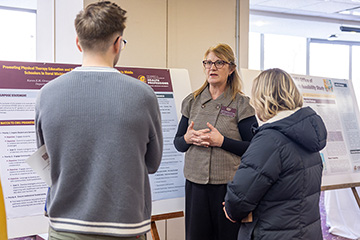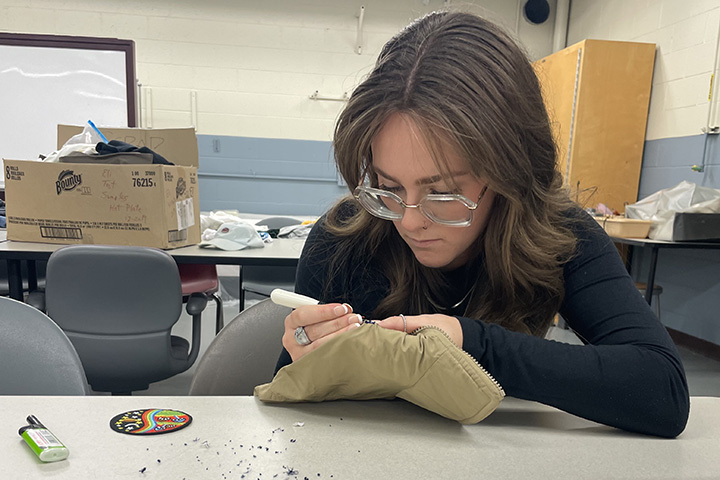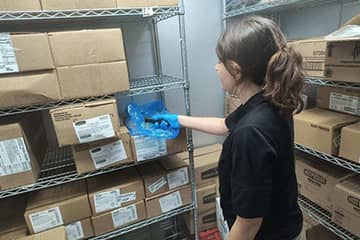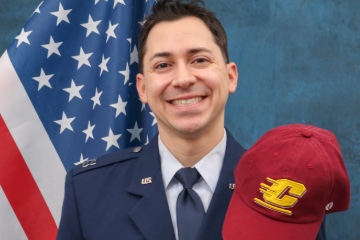AI meets ethical hacking: Making cybersecurity more accessible
Jonathan Gregory received the CMU 2025 President’s Award for his research in cybersecurity and mathematics
What if powerful AI tools could help ethical hackers find system flaws faster and without going through many years of training? CMU triple major, in mathematics, cybersecurity, and computer science, Jonathan Gregory is a recipient of the 2025 President’s Award for Outstanding Undergraduate Research and Creative Accomplishments based, in part, on his research of ethical hacking.
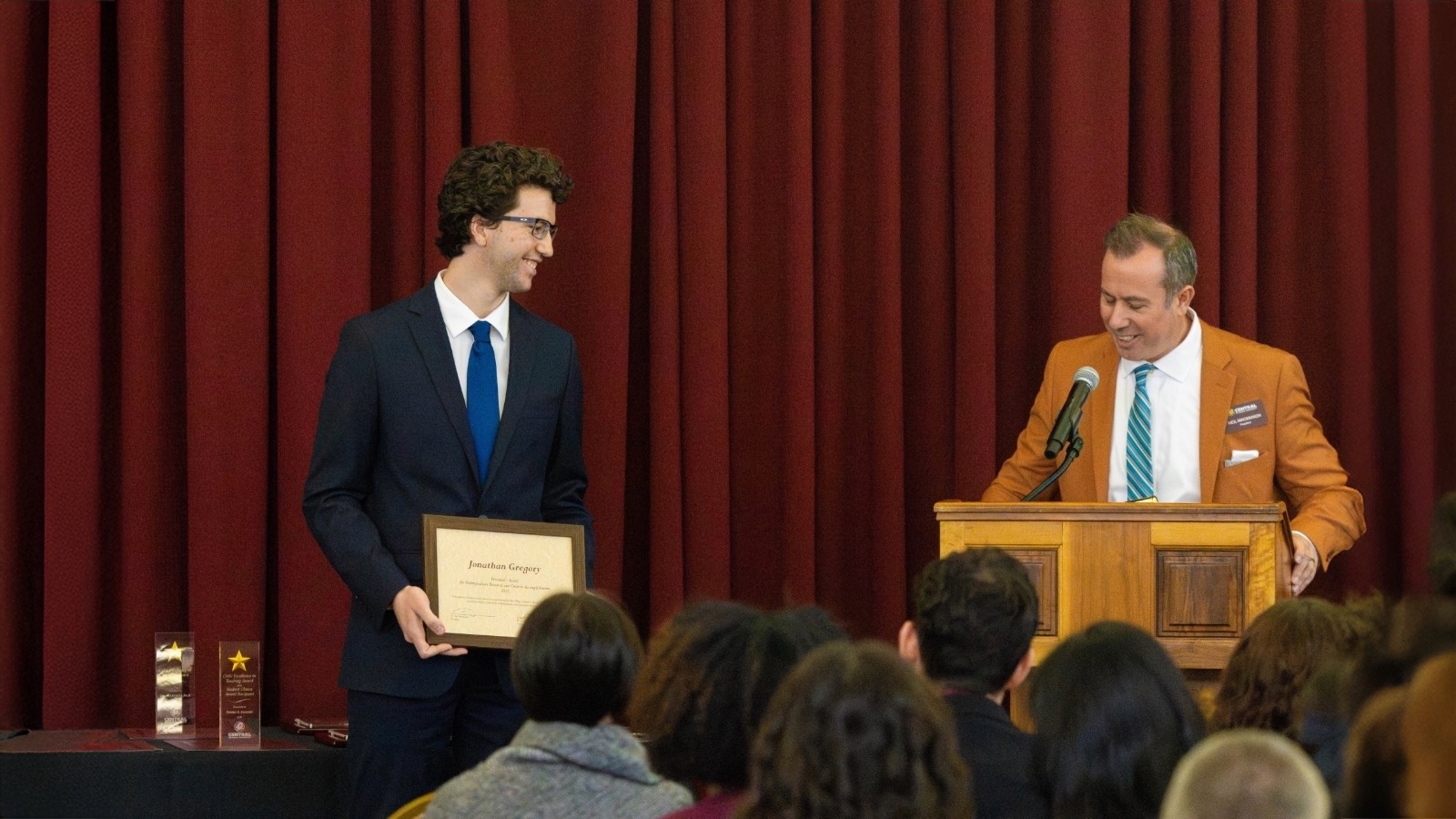
Ethical hacking, also called penetration testing, helps cybersecurity experts find weaknesses in computer systems before bad actors do. Normally, this kind of work requires a lot of training and experience. But with the rise of smart AI tools, it might become easier.
Gregory’s project used a powerful AI model called Mistral 7B, which runs on a regular computer such as a laptop. He used this model to help with hacking tasks in a safe and legal way. After providing the AI with articles and other information about how to gain access to protected parts of a system, the model was able to successfully "break in" during tests.
This result shows that even free, AI tools can help with ethical hacking. More research is needed to try different kinds of attacks and possibly uncover unknown security flaws in the future.
Gregory credits the mentorship from Qi Liao, Ph.D. and Debraj Chakrabarti, Ph.D., for helping him bring several research projects to publication. Both professors nominated Gregory for the President’s Award.
Liao wrote, “In my 15 years of teaching at CMU, I have never encountered a student like Jonathan. Jonathan has already published five peer-reviewed papers with at least three more in the pipeline – a feat that is nearly unprecedented for an undergraduate.” Gregory looks forward to attending graduate school at the University of Wisconsin after graduation from CMU.
